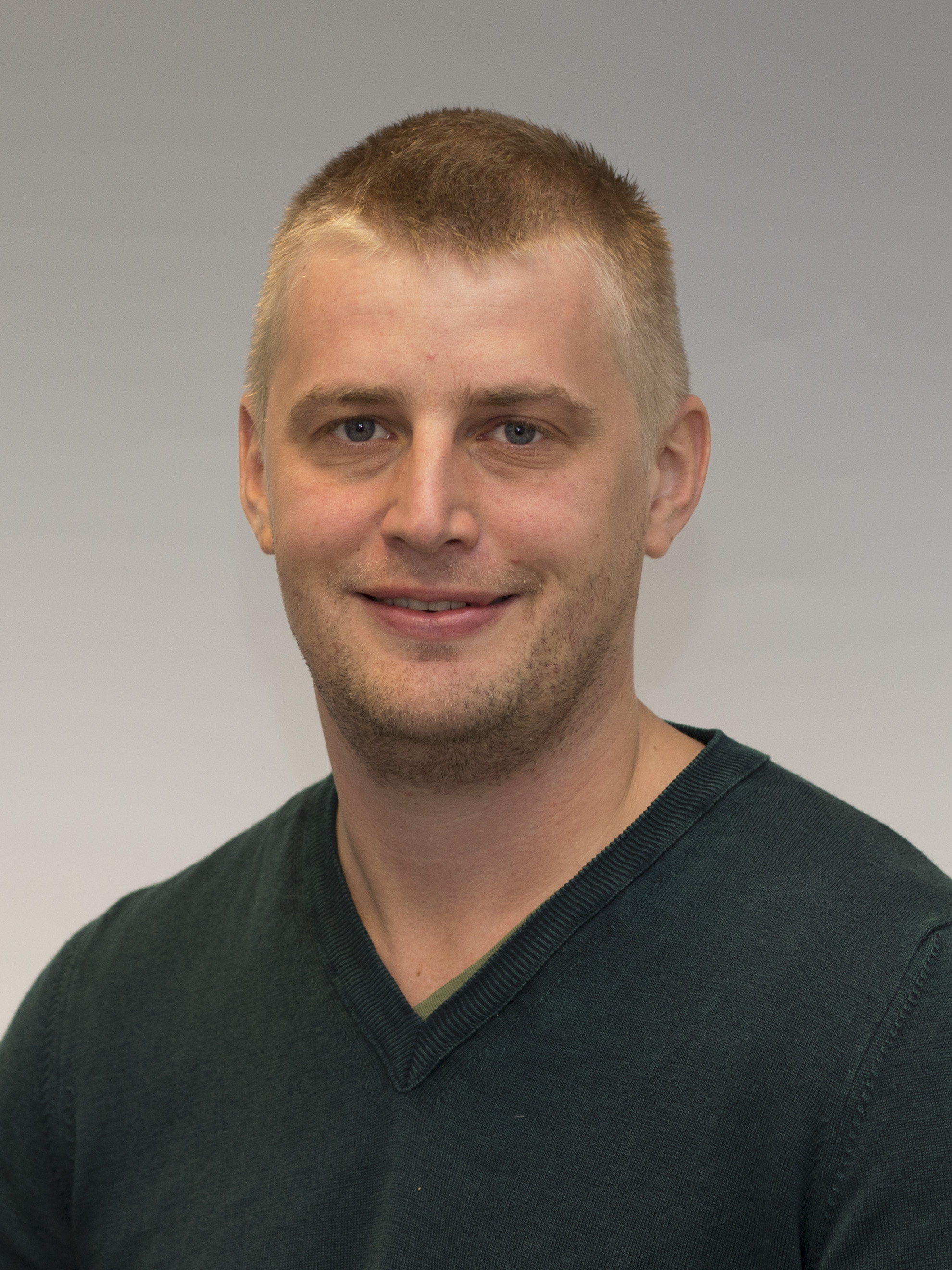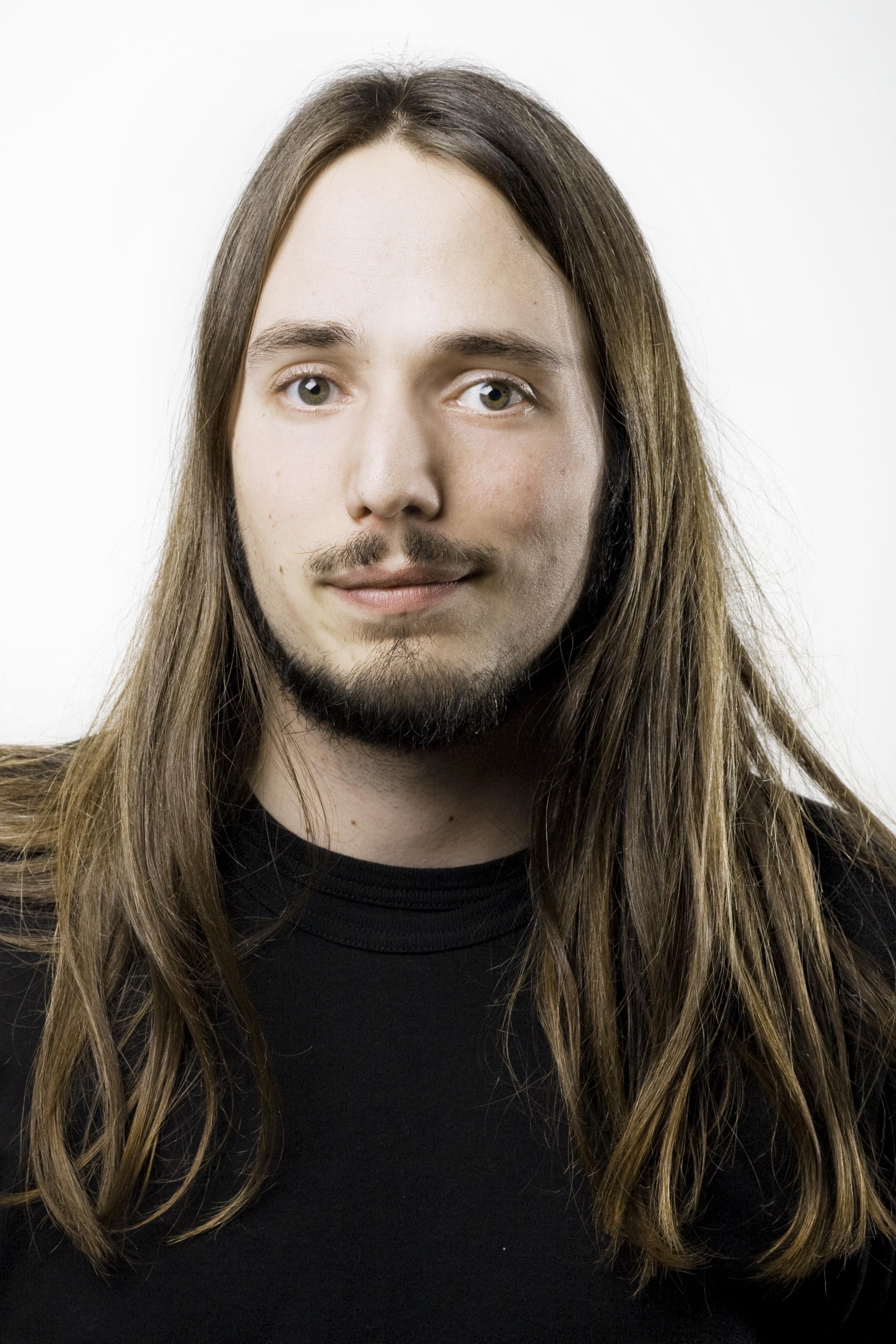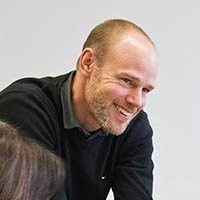Millions for research into the Danish defence opt-out, voting advice applications, and moral qualms about the sale of kidneys and sex
The Independent Research Fund Denmark (IRFD) is granting DKK 9.6 million for researchers from the Department of Political Science at Aarhus BSS. The money will be spent on research into the Danes’ attitudes towards the defence opt-out, how voting advice applications influence voters, and moral considerations in connection with the sale of surrogacy, sex and kidneys.



Associate Professor Mathias Wessel Tromborg, Associate Professor Andreas Albertsen and Professor Derek Beach from the Department of Political Science at Aarhus BSS have received a total of DKK 9.6 million in funding from the Independent Research Fund Denmark (IRFD) within the category Social Sciences.
How do voting advice applications influence voters?
“More than half of all Danish voters today use a voting advice application prior to voting in a general election, and they are used widely in many other countries as well. Understanding how voting advice applications influence voters is thus becoming critical to understanding how democracy works. I am very excited to receive this grant, which will not only enable me and my research group to facilitate such an understanding, but also help inform the debate about how voting advice applications should be developed in the future,” says Associate Professor Mathias Wessel Tromborg.
Mathias Wessel Tromborg receives DKK 6,190,630 under the IRFD instrument Research Project 2 for his project The Role of Voting Advice Applications in Representative Democracy, which he sums up as follows:
"Voting advice applications such as the candidate test in the online newspaper Altinget are very popular in Denmark as well as on a global scale. In Denmark alone, existing research has shown that more than half of all Danish voters use a voting advice application prior to voting in a general election. Despite this fact, we know very little about the effects of voting advice applications on voters. The project aims to shed light on this topic. We particularly want to investigate whether voters use voting advice applications to choose the politicians who best represent their political preferences, or whether voting advice applications in fact benefit a few parties and candidates due to completely different reasons. We will examine this by implementing a new voting advice application in Denmark. User data from this test will be used for evaluating the effects of voting advice applications on voter behaviour and democratic representation.”
Should it be legal to sell services such as surrogacy, sex and kidneys?
“There are few things money cannot buy. In India, you can pay a woman to give birth to your child. In Pakistan, you can buy a kidney. Around the world, sex can be bought from prostitutes. These markets are controversial and often illegal. But should they be? What is wrong with selling these goods? What are the moral limits of the market?” asks Associate Professor Andreas Albertsen in his project description.
Andreas Albertsen receives DKK 2,878,639 under the IRFD instrument Research Project 1 for the project What is mine to give, but not to sell: The moral limits of the market. With him on his research team, he has Professor Jørn Sønderholm from Aalborg University.
“I am happy and proud of the grant. Receiving it provides me with a unique opportunity to lead a group of researchers across different universities, establish an international network and work in-depth with the question of controversial markets. This topic is currently gaining a lot of attention – not least when new technologies enable us to buy and sell new goods and services across national borders. For this reason, I look forward to contribute to our understanding of what makes markets an issue of moral concern,” says Andreas Albertsen.
Does the war in Ukraine influence the Danes’ vote on the defence opt-out?
“I am very excited to investigate whether the Russian invasion of Ukraine changes the way Danes view EU in general, and more specifically, if it changes the way they vote in a referendum,” says Professor Derek Beach.
Derek Beach receives DKK 491,040 under the IRFD instrument Research Project 1 for his project DKOPT-DEF, where DK stands for Denmark, OPT for opt-out and DEF stands for defence. He describes the project as follows:
“How do voters decide what they want to vote in a referendum? In connection with the upcoming referendum on the Danish defence opt-out, this project will use large-scale surveys among voters to examine whether Danes vote based on their attitude towards EU, and whether they are influenced by arguments from the political elites, and if so, which types of arguments. The project will contribute to our understanding of voter behaviour in regards to referendums, especially in situations where we face major external security threats.”
Further information: